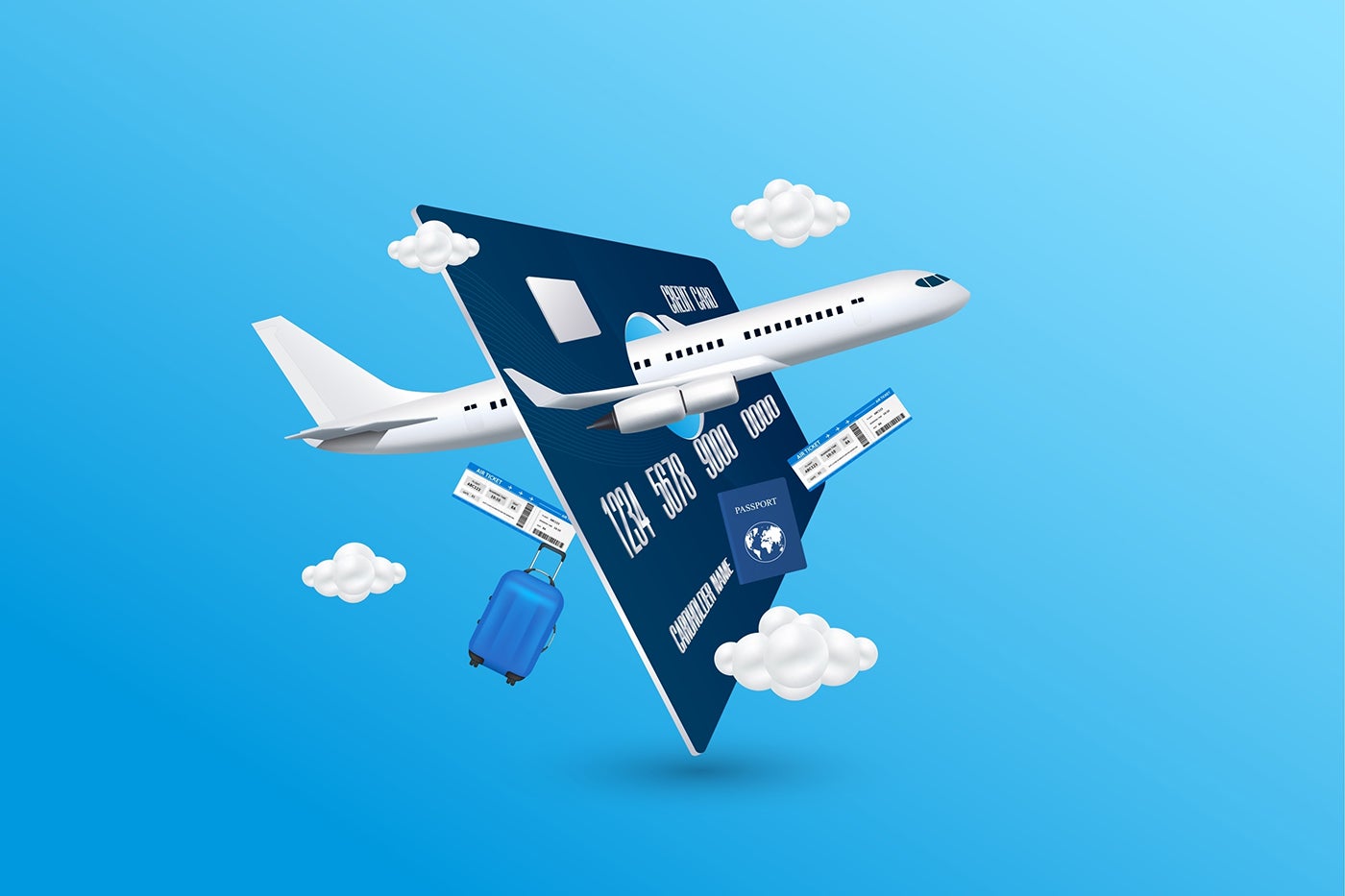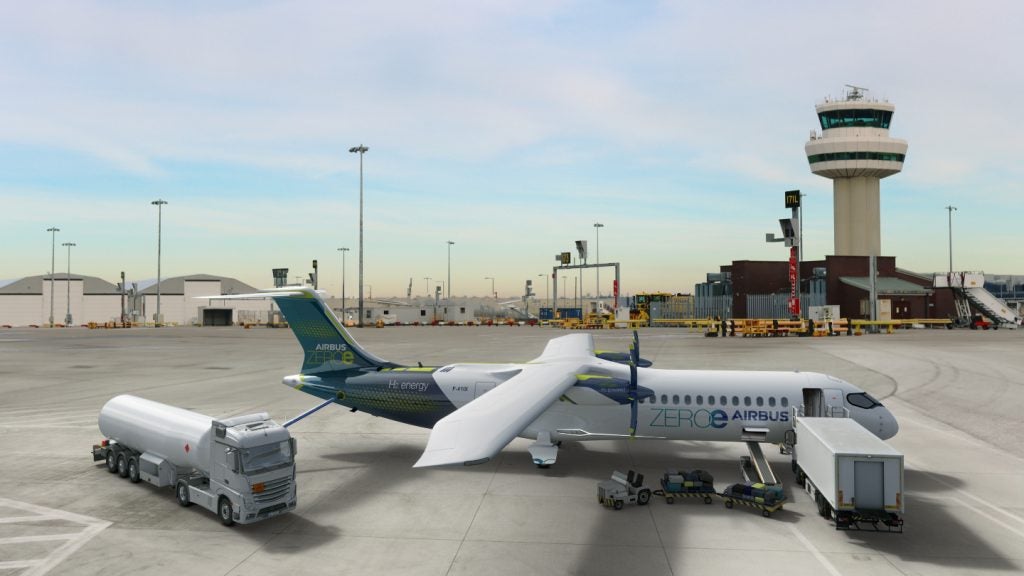After a few bumpy years, prospects for the airline industry are finally looking up. Covid-19 travel restrictions are over. Flights are filling up, hitting nearly 90% of capacity last year. The sector is profitable again. But the return to normal has brought with it a growing challenge: airlines are increasingly being targeted by fraudsters. The rise in ticket sales has also come with a rise in attacks, as well as fresh fraud tactics emerging to take advantage of gaps in protection.
To put the problem into perspective, research shows that airlines account for a staggering 46% of all fraudulent online transactions. As an industry that handles sensitive data and is heavily reliant on digital sales of high-value tickets, criminals are seeking out new ways to attack airlines and exploit vulnerabilities in their operations.

There are multiple layers of fraud at play, from payment fraud – such as bookings made with stolen credit cards, in online black markets, and through scam travel agencies – to loyalty fraud, where bad actors access flyers’ accounts to steal points for their own benefit, and first-party fraud, where travellers dispute legitimate charges to get trips for free. The International Air Transport Association reports that airlines lose 1.2% of revenue from their annual website and mobile sales to fraud, costing them more than $1bn annually.
Not only does fraud directly impact profits, but there are knock-on effects on customer loyalty, as well as hidden costs associated with customer service employees’ time. However, while previous challenges may have been out of the industry’s control, airlines can now take proven measures to get ahead of attackers. Whether it’s stopping accounts from being compromised or building defences against chargeback losses, maturing their digital operations is critical to fighting fraud coming from different angles.
Digital fraud: It’s time to catch up and catch criminals
It’s fair to say that airlines have a reputation for being on the back foot for digital transformation, despite once leading the way with digital sales back in the 90s. While some legacy carriers are starting to explore the opportunities offered by AI and machine learning technologies in applications, such as predictive route planning and fleet maintenance in a bid to tackle delays, slow manual processes still prevail in many operations.
See Also:
Take order reviews for fraud prevention, for instance. It’s common for airlines to enact procedures to manually review a proportion of transactions for irregularities and potential issues. In many cases, these procedures are backed by hundreds or thousands of rules that require extensive resources to actively maintain and evaluate.
How well do you really know your competitors?
Access the most comprehensive Company Profiles on the market, powered by GlobalData. Save hours of research. Gain competitive edge.

Thank you!
Your download email will arrive shortly
Not ready to buy yet? Download a free sample
We are confident about the unique quality of our Company Profiles. However, we want you to make the most beneficial decision for your business, so we offer a free sample that you can download by submitting the below form
By GlobalDataAnother downfall of manual reviews is that bad actors often strike at the last moment to avoid detection before the flight takes off. Estimates show that 80% of fraudulently obtained tickets were departing within 24 hours. Booking shortly before flying limits the time available to scrutinise whether a card has been used without authorisation, and for the chargeback process to commence.
Machine learning can be used to assess and score bookings based on hundreds of factors, such as last-minute travel, cases where the cardholder is not the travelling passenger, and where multiple different routes are being purchased. With these tools and prevention frameworks, false positives are also reduced, flattening approval and chargeback rates. Suspicious activity can be flagged as early as the booking request stage, and with some AI-powered solutions, airlines are also protected by a financial guarantee against fraud and non-fraud chargebacks on all approved orders.
Fraud prevention: detect and protect with AI
While there has been a reluctance to leverage advanced technologies such as AI and behavioural analytics, these tools are now critical for reinforcing airlines’ guardrails. Ultimately, a proactive approach to preventing fraud alleviates the time and cost pressures of maintaining outdated review processes.
Rather than focusing resources on recovering losses, airlines can make stronger savings by preventing fraud in the first place. Meanwhile, they can free up employees to add value elsewhere in the business, such as providing customer service.
As tactics such as phishing and data breaches become more manipulative, a step change in the industry’s mindset is needed to build resilience. As well as updating systems to strengthen protection, airlines should embrace emerging technologies as an opportunity to support their work and offer valuable insights.
This doesn’t mean that everything needs to be automated and infrastructure overhauled, but rather that key applications can establish an intelligent, scalable and self-evolving process that supports a healthier, more profitable business.








